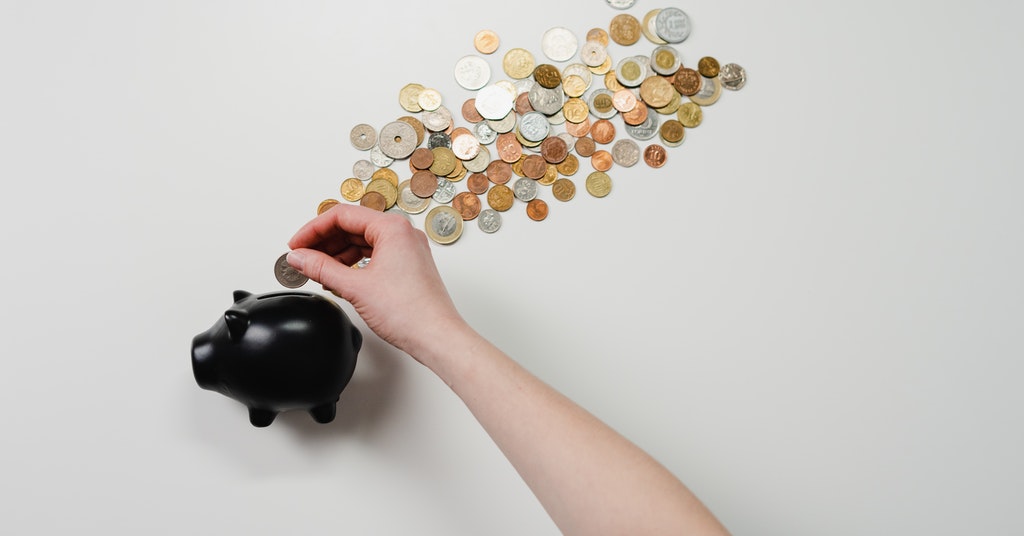
Carolina d’Arbelles-Valle
Content Writer
There are certain financial moves that it’s always sensible to make. For instance, there’s never a bad time to consider debt consolidation if you owe money to several entities and you’re trying to get out of debt. Other smart moves include saving for retirement and paying off the balance on your credit cards every month.
No matter how well you handle your money, though, recessions loom on the horizon, and you might feel like you have no way of controlling them. While it’s true there’s little you can do to prevent a recession, there are concrete steps you can take to protect your finances should one occur.
We’ll talk about three of those steps right now.

3 steps to follow to prepare and recession-proof your finances. Source: pexels.com
1. Pick Recession-Proof Investments
During a recession, the stock market generally does poorly. History shows us that investing in the market as a whole, as you would with a mutual fund, will cause your investment to increase over time. During a recession, though, when the entire market suffers, even a diversified investment in it, like a mutual fund, will perform poorly.
If you want to recession-proof your money, you’ll want to remove any funds you’ve invested in the stock market. Instead, put your money into a CD or a high-yield savings account with your local bank. You have less of a potential return rate than you’d get from the stock market, but it’s also virtually impossible for you to lose any money that way.
2. Pay Off Debt
There’s never a bad time to pay off debt, but doing so when the economy is robust will put you in a better position if we’re suddenly plunged into a recession. Paying off high-interest debt, such as credit card debt, means you’ll be much more stable during an economic downturn.
If your income decreases, as typically happens during a recession, you can ride it out much easier if you’re not carrying a credit card balance and paying exorbitant interest rates on it.
3. Establish an Emergency Fund
Saving money during boom times can help you if a recession rears its ugly head. Even if you feel like you’re flush with cash, it will still serve you well to set some aside in an emergency fund rather than put it all toward frivolous expenditures.
If you have an emergency fund in the bank, you can use that as a bulwark against unexpected expenses like vehicle breakdowns or emergency medical bills. However, it’s also there to prop you up if your income decreases during a recession. Get in the habit of putting a set amount from each paycheck into savings if at all possible.
Preparing for a Recession Makes Sense
Preparing for a recession makes good fiscal sense. You never know when a period of economic downturn will force you to tighten the purse strings.
Try to save money from every paycheck and put it into an emergency fund to prepare. And pay off debt now instead of letting it pile up, especially high-interest credit card debt. You can also pull money out of the stock market and put it into safe investment vehicles, like a high-yield savings account or CDs, at the first sign of market instability.
Taking these actions should put you in the best position possible to ride out a recession.
SEE ALSO:









